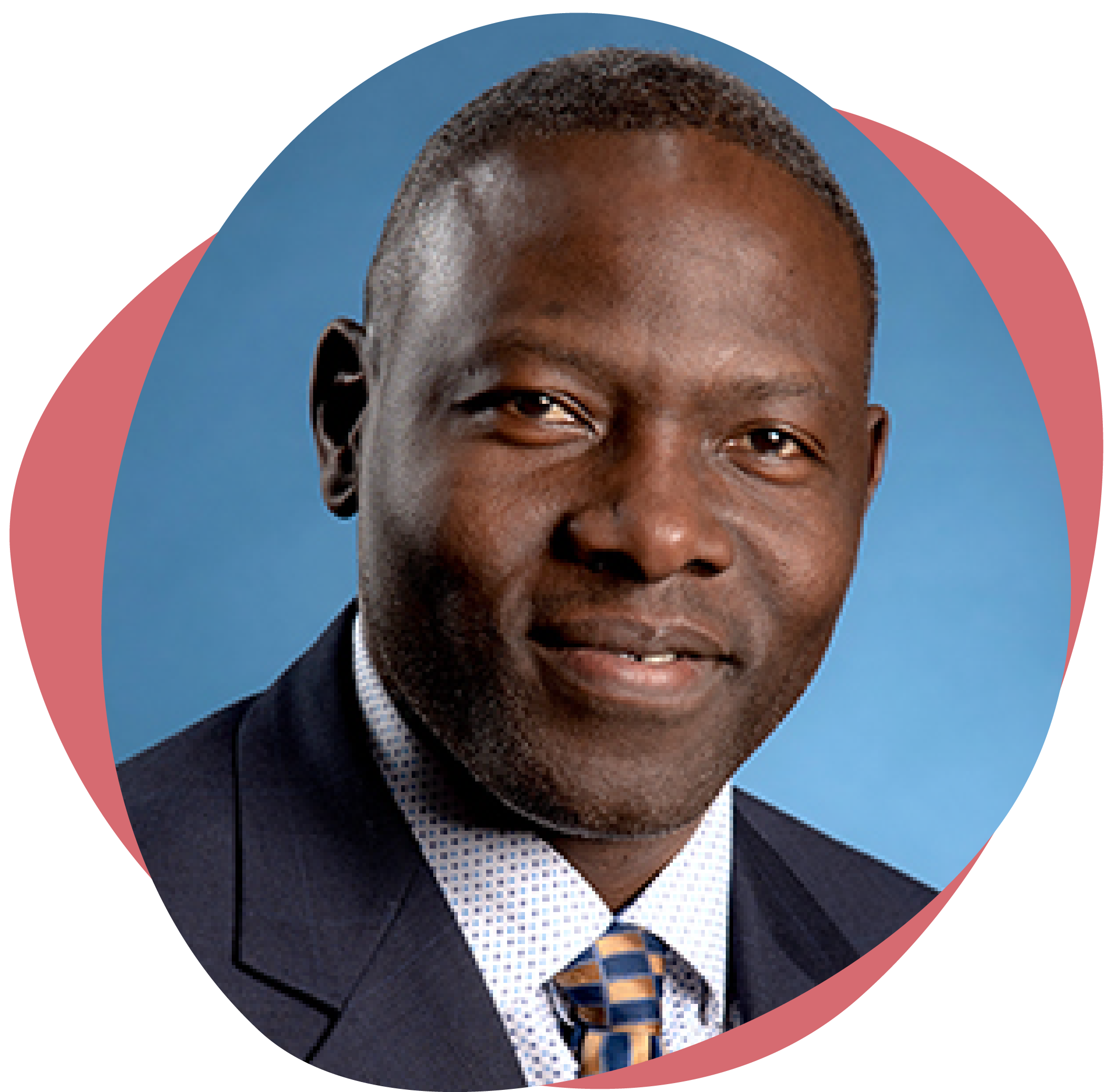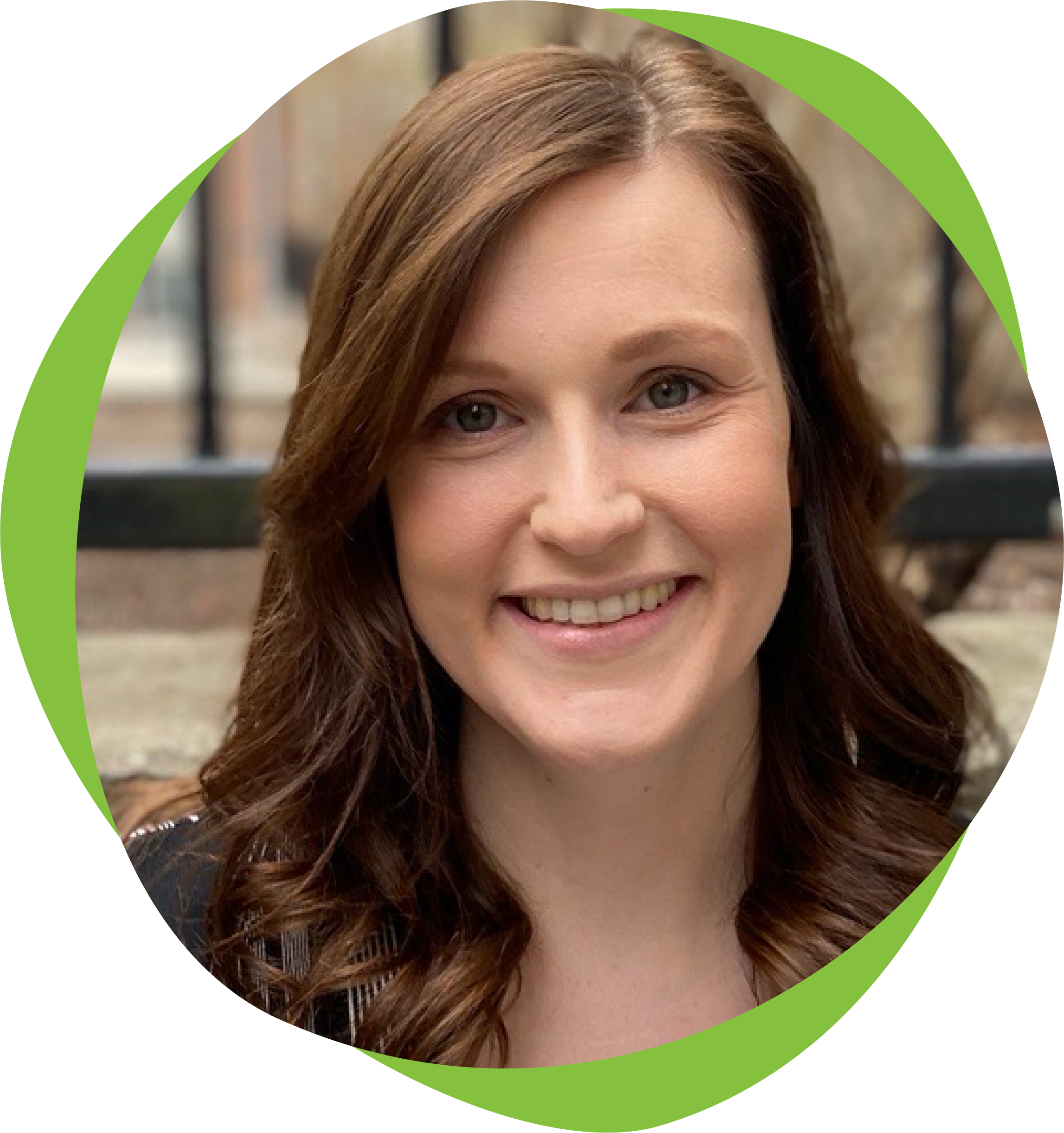FREE WEBINAR
Exploring Cannabis Use and Psychotropics in FASD
Sept 19, 2022 | 11:00 a.m. – 2:30 p.m. E.D.T.

Treatment of the complications arising from Fetal Alcohol Spectrum Disorder (FASD) has largely focused on psychosocial and environmental approaches. However, there is a growing body of research about the use of psychotropic medications and cannabis. Dr. Mansfield Mela of the University of Saskatchewan and lead researcher at CanFASD is working to achieve evidence-based medical care for FASD populations and other alcohol-related neurodevelopmental disorders.
In this free, two-part presentation, Dr. Mela will present a decision-tree algorithm that guides prescribers on psychotropic medication management for FASD. Participants will also learn about his project to outline the benefits and challenges of cannabis use and ensure that people with FASD have the information they require to make informed decisions.
Healthcare providers,caregivers and self-advocates are welcome to join us for this free webinar as we take a closer at the emergent research on the benefits and impacts of psychotropic and cannabis on FASD.
PRESENTATION 1
Psychotropic Medication for FASD
11:00 a.m. – 12:30 p.m. E.D.T.
Dr. Mela and a team of 12 multidisciplinary, international experts have spent over two years developing a decision-tree medication algorithm to guide prescribers as they see patients with Fetal Alcohol Spectrum Disorder/Neurobehavioral Disorder Associated with Prenatal Alcohol Exposure (FASD/ND-PAE). In this webinar, Dr. Mela will discuss how prescribers can use the Psychotropic Medication Algorithm to identify one of four clusters of symptoms to target treatment, identify first and second-line medication to prescribe and adjunct treatment as an alternative. He will then outline how he and his team are conducting further research to evaluate the algorithm’s effectiveness and present promising preliminary results that indicate its usefulness in reducing side effects associated with polypharmacy and improving patient outcomes.
PRESENTATION 2
Benefits and Impacts of Cannabis in Adults with FASD
1:00 p.m. – 2:30 p.m. E.D.T.
Cannabis use is a common strategy for FASD individuals to ease mental, physical and emotional complications of FASD. Still, there is no evidence about its impact on FASD-associated symptoms. In this webinar, Dr. Mela will outline his ongoing study that seeks to describe cannabis use and its positive and negative effects in adults with FASD. He will outline preliminary findings that suggest cannabis can be helpful when adults with FASD are aware of the impact of cannabis on their bodies and can regulate their use. He will also discuss key inquiry processes meant to ensure research findings are consistent with the reality of cannabis use for FASD symptom management, including consultation with an advisory team that is comprised of adults with FASD, caregivers and community support organizations.
Attendees will have an opportunity to ask questions during a live Q&A. There will be a 30-minute intermission between the two presentations.
Speakers

Dr. Mansfield Mela, Keynote Speaker
Dr. Mansfield Mela (MBBS, FWACP, MSc Psych, FRCPC), Professor, Department of Psychiatry, University of Saskatchewan, is an academic forensic psychiatrist and a founder of the forensic subspecialty in Canada. He is also the current director of the Centre for Forensic Behavioral Science and Justice Studies at the University of Saskatchewan. As an expert, Dr Mela testifies on various aspects of the interface of law and psychiatry, which include criminal and civil matters. He is an associate faculty member of the College of Law at the University of Saskatchewan and teaches undergraduate and graduate medical and law students. He is the co-lead of the patient-oriented research hub in forensic mental health in Saskatchewan, a member of the Saskatchewan Review Board and the Saskatchewan Physician Health program and Vice-Chair of the Forensic Research Network.
As a previous pioneer member, Dr Mela leads the interdisciplinary research team of academic professionals in forensic mental health research at the University of Saskatchewan. His research focuses on psycho-legal aspects of forensic mental health, with specific interests and expertise in the area of Fetal Alcohol Spectrum Disorder (FASD). He is a lead researcher with the Canada FASD research network (CanFASD). He brings a clinical and patient-oriented perspective to his research questions. He seeks to generate research and implement knowledge to achieve evidence-based practice amongst forensic mental health and FASD populations. Reducing victimization and improving patient outcomes, especially among the vulnerable, form the foundation of his clinical and scholarly activities.

Chelsey Mikulic-Frye, Moderator
Chelsey is an FASD Service Coordinator in the Children and Youth Program at Surrey Place. She supports clients who have suspected or confirmed FASD through a family-centered, strength-based approach. Chelsey has been trained in the FASCETS brain-based model of care for people living with FASD. She collaborates with families and agencies within Toronto to increase knowledge and awareness of FASD, connect families to community services and create safe spaces for families and clients affected by FASD. Throughout her time at Surrey Place, Chelsey has moderated Wellness Events, creating opportunities for clients, caregivers, professionals and community members to gather, share experiences and learn from one another.
Why Join?
Did you know that 4% of Canadians have FASD and many are undiagnosed or misdiagnosed (CanFASD, 2019)? FASD is a lifelong disability and people may experience some challenges with their physical, mental, learning, behavioural and/or social skills. We want to equip healthcare providers, caregivers and self-advocates with information and tools to improve health outcomes.
Watch last year’s FASD event, FASD: A Whole-Body Diagnosis led by world-renowned motivational speaker, trainer and peer mentor Myles Himmelreich.
Surrey Place’s FASD Services provide individuals, their families and caregivers with a circle of care through the support of healthcare professionals and service providers to achieve the best possible outcome.
Contact Information
For general inquiries, contact wellness.registration@surreyplace.ca